5 Reasons Felony Lawyers Are Crucial After an Arrest
Understanding the role of felony lawyers within the criminal justice system is vital, especially after someone has been arrested. Here, we explore the various reasons why their expertise is indispensable in navigating the complexities of criminal law, ensuring due process, and safeguarding the rights of the arrested individual.
1. Expert Knowledge of Criminal Law
Felony lawyers bring a deep, systematic understanding of criminal law that is indispensable for anyone facing criminal charges. They possess the ability to decipher complex legal terminology that is often beyond the comprehension of those unfamiliar with the justice system. Their in-depth knowledge of case law allows them to interpret past judgments and precedents that could be pertinent to current cases. Additionally, they are adept at understanding and interpreting statutory laws that govern criminal proceedings and determine punishments. Recognizing procedural pitfalls is another aspect where their expertise comes into play, making sure that the accused is protected at every stage.
Moreover, these lawyers are skilled at strategic legal maneuvering, applying their expertise to anticipate challenges and formulate defenses. Oftentimes, the outcome of a case rests on how well a lawyer can interpret recent legal rulings and how those rulings influence the particulars of a case. This strategic advantage is crucial for challenging evidence or questioning procedural anomalies that may otherwise be overlooked. According to The Sentencing Project, seven in ten disenfranchised individuals live in their communities, either because they have finished serving their sentences or are still under felony probation or parole supervision; understanding these nuances can have profound implications on a case. Thus, a skilled felony lawyer's presence can dramatically alter an individual's experience and outcome within the criminal justice system.
In a legal system where minor errors can result in severe penalties, the incremental understanding brought by felony lawyers is essential. Their capacity to translate complex legal documents into actionable strategies is a testament to their indispensable role. By guiding their clients through the intricate process, they ensure each decision is made within the rights afforded to the defendant. Every paragraph in a statute book has its significance, and only a knowledgeable attorney can discern its exact impact. Hence, the expert knowledge of felony lawyers forms the bedrock upon which effective defense strategies are built.
2. Thorough Investigation and Case Preparation
One of the foundational tasks undertaken by felony lawyers is the thorough investigation and preparation of their client's case. This process begins with gathering essential evidence that may not be readily accessible to the accused or to their family. The accumulation of evidence involves understanding how to obtain the necessary documentation, be it from police records, surveillance footage, or other critical sources. Felony lawyers have the experience needed to extract pertinent information that could support the defense argument. With their investigative techniques, they develop a holistic understanding of the case, allowing them to identify viable defense strategies.
Beyond evidence collection, felony lawyers conduct interviews with potential witnesses. These dialogues help lawyers gather testimonies that can back the defendant's claims, often revealing the hidden truths of what transpired. During interviews, lawyers assess the credibility of witnesses while gauging the depth of the testimony's potential impact on the case outcome. Collaborating with experts in fields such as forensics, psychology, or cybercrime further enriches the legal strategy. These expert opinions can substantiate or contest evidence presented, offering another layer of empowerment to the defendant's defense.
3. Expert Negotiation Skills
Felony lawyers are indispensable when it comes to negotiation, an essential component in resolving criminal cases. Their expertise shines particularly in plea bargaining with prosecutors, often leading to significantly reduced sentences or charges. Recognizing when a plea deal is beneficial and when it is not requires an experienced eye that comprehends the nuances of legal negotiations. These attorneys are skillful in identifying and developing mitigating circumstances that can sway prosecutorial decisions. By understanding and exploiting these circumstances, lawyers improve the likelihood of achieving a favorable resolution.
Through expert negotiation skills, felony lawyers also effectively navigate trial pitfalls. They are adept at minimizing the risk of trial by emphasizing the strengths of a plea deal to all involved parties, including the court and their clients. Ensuring that prosecution deals are fair and balanced is critical, as this prevents unjust punishment and facilitates a more equitable justice process. Through negotiation, lawyers can achieve significant reductions in sentencing while still upholding the integrity of justice. These negotiations often encompass understanding the impact of precedent, recent changes in laws, and societal factors that may affect a case's trajectory.
In many instances, avoiding a trial due to successful negotiation can save both time and financial resources, easing the psychological burden on defendants. Lawyers leverage their expertise to maintain communication channels, regularly updating their clients on the progress and implications of ongoing negotiations. They ensure all aspects of the agreements are transparent, enabling their clients to make informed decisions at each juncture. Without a felony lawyer's adept negotiation, individuals may find themselves navigating a daunting legal landscape alone, often leading to less favorable outcomes.
4. Protection of Defendants' Rights
A significant responsibility of felony lawyers is the protection of their defendants' rights, which requires deep vigilance and understanding. Ensuring due process is paramount; it is essential that all legal procedures are adhered to, ensuring a fair trial. Felony lawyers meticulously oversee the case to identify any procedural missteps or violations of rights that the accused might face. Preventing unlawful evidence from affecting a trial is another area where these lawyers excel, utilizing legal avenues to exclude improperly obtained evidence. Through such measures, they safeguard the defendant from potentially devastating judicial errors.
Another aspect involves safeguarding against misconduct that could compromise the defense, such as prosecutorial overreach or misrepresentations. Felony lawyers maintain vigilance to ensure the integrity of the court and that law enforcement is upheld, checking any misconduct that might infringe upon the individual's rights. They offer guidance on avoiding self-incrimination, aiding clients in making informed decisions about what to disclose throughout the legal process. In addition, understanding arrest and detention conditions is vital for advising clients, particularly the nuances observed in disenfranchised communities. The Sentencing Project notes that 7 in 10 disenfranchised individuals reside within their communities post-sentence, highlighting the ongoing complexities faced when perceiving legal rights.
5. Courtroom Representation and Advocacy
Within the courtroom, felony lawyers provide indispensable representation and advocacy, forming the voice and defender of the accused. Effective case presentation is crucial, as it determines how the jury, judge, and audience perceive the defendant's stance. Lawyers craft arguments, organize evidence, and, like skilled narrators, unfold the case's narrative compellingly. Cross-examination strategies are crucial, with lawyers anticipating opposing arguments and ingeniously undermining the prosecution's assertions. Through strategic questioning, they reveal inconsistencies, bolster their defense, and effectively chip away at the prosecutor's case.
Both opening and closing statements hold pivotal roles in courtroom advocacy. In these moments, felony lawyers captivate their audience, framing the defendant's narrative and persuading the jury with an impactful summary of their argument. Understanding jury dynamics is another area of expertise where felony lawyers excel, knowing how to appeal logically and emotionally to jurors. As courtroom representatives, they understand courtroom formalities, effectively navigating the procedural nuances encountered in various court settings. Every courtroom encounter, from demeanor to dialogue, is managed to ensure that the defendant's situation is effectively communicated and fairly considered.
The involvement of a felony lawyer post-arrest can make a significant difference in the outcome of a case. Their extensive knowledge, skillful negotiation, and unwavering support are indispensable for a fair legal process. By providing expert guidance and representation, felony lawyers play a crucial role in protecting the rights of the accused and ensuring justice is served. For more information about the services that we offer, reach out to our incredible team at Dulaney & Sumner, PLLC today!
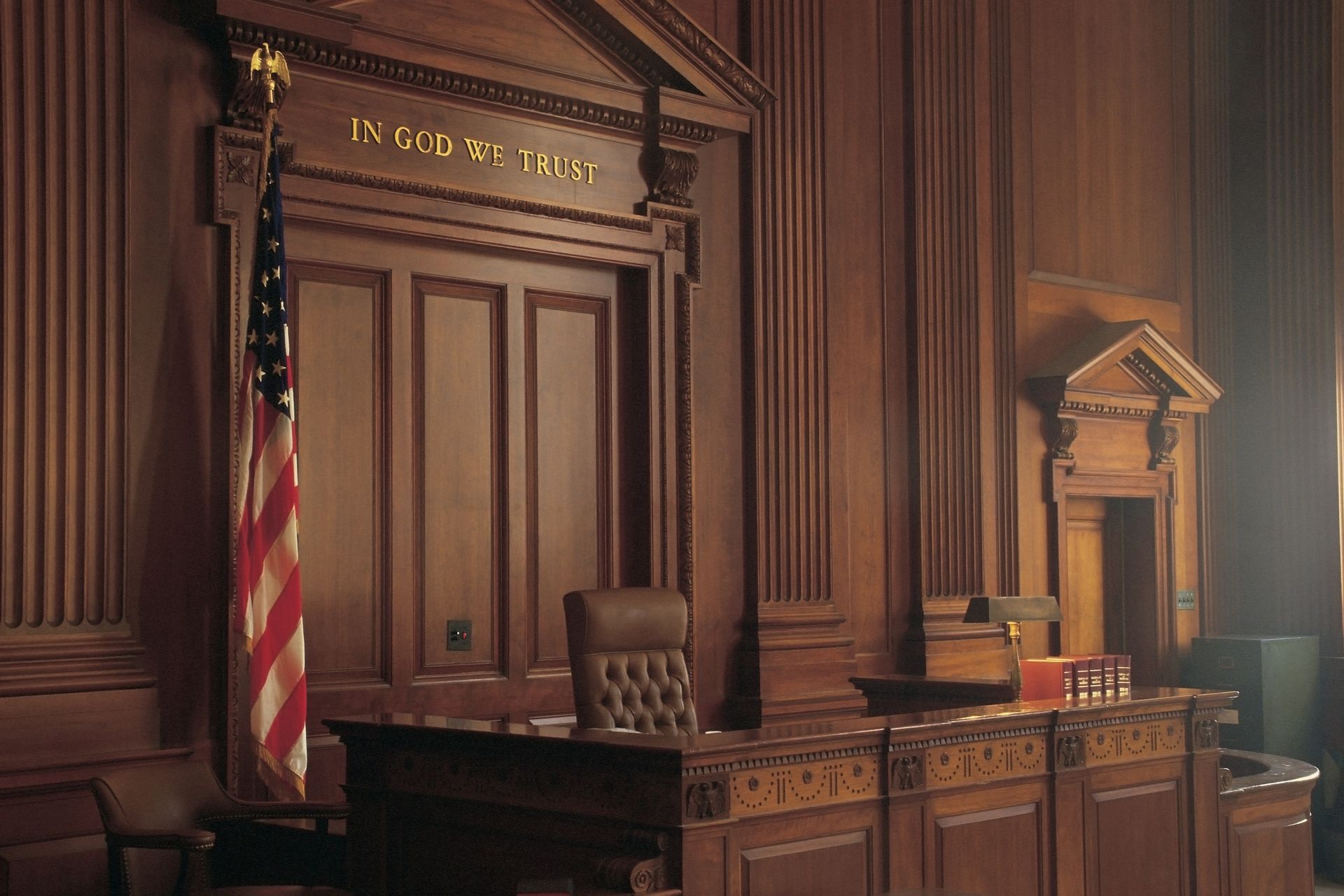

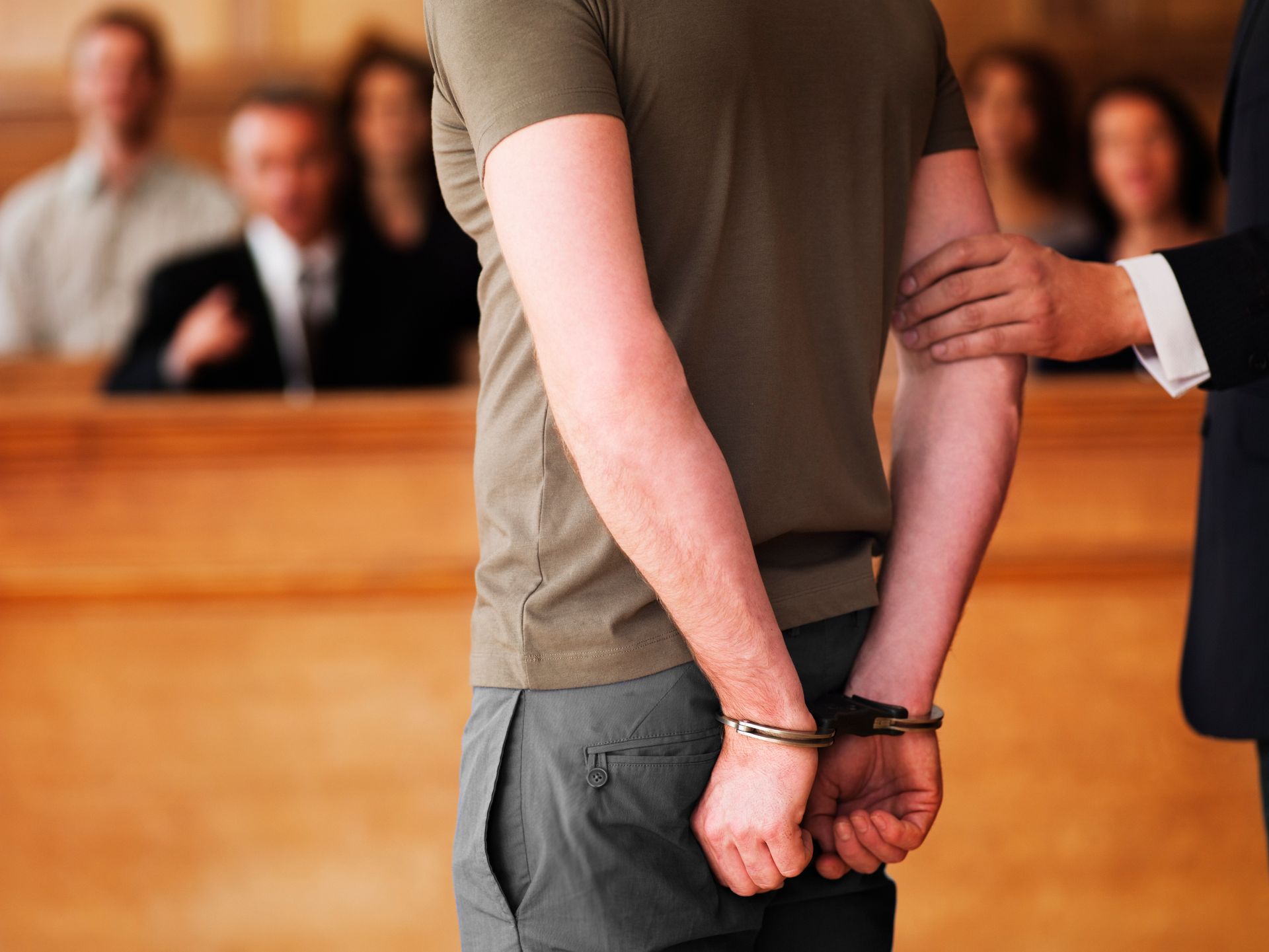
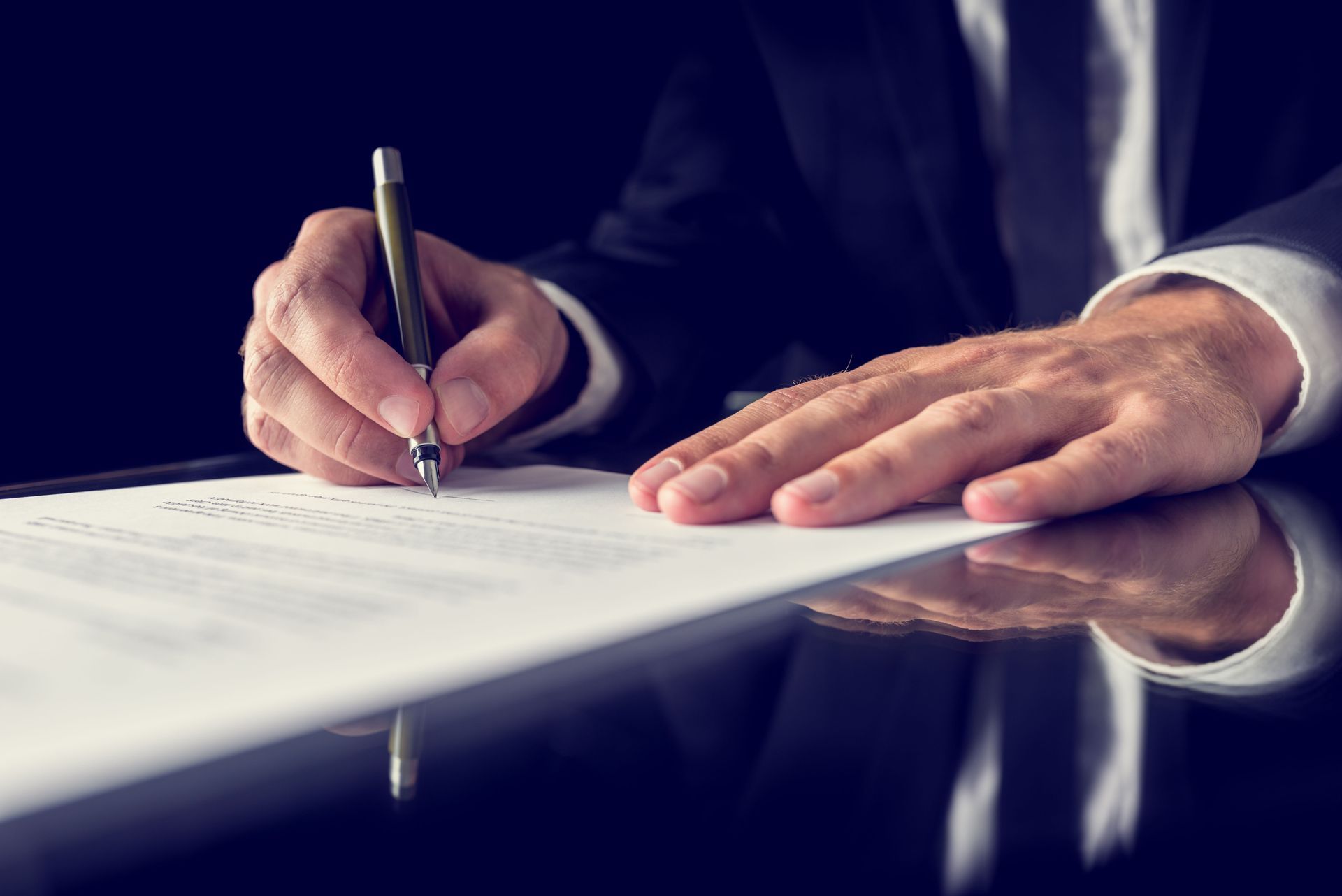
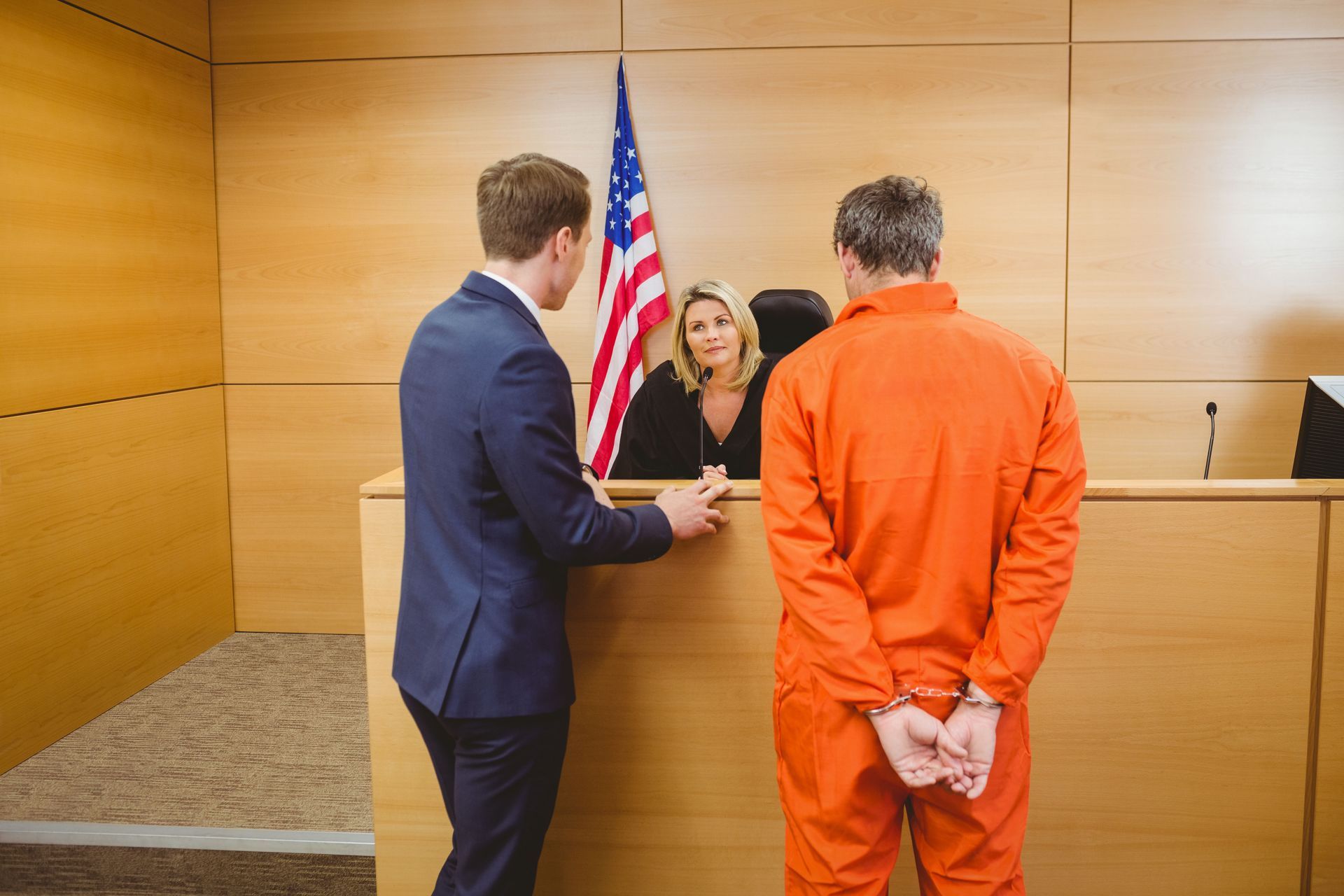

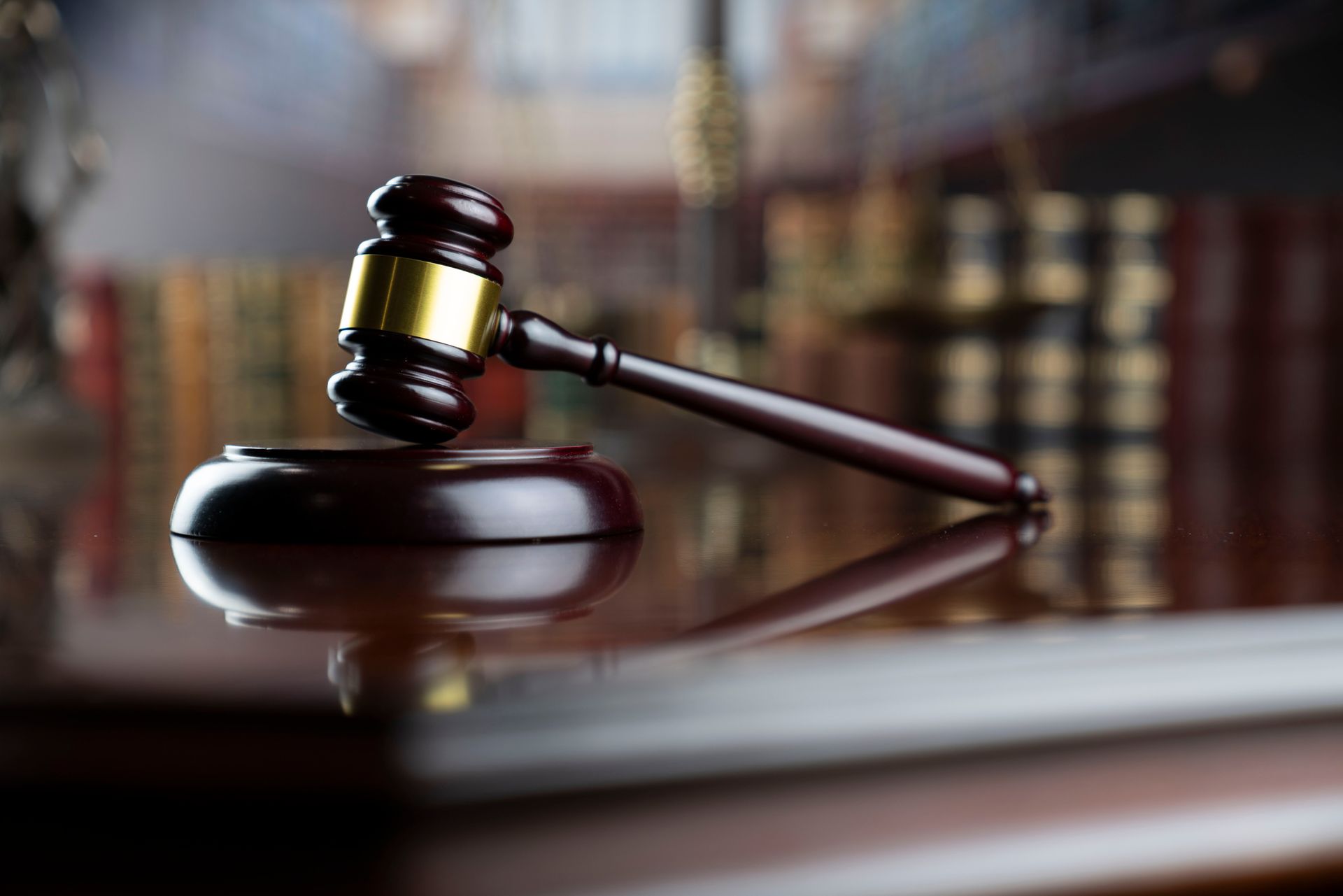
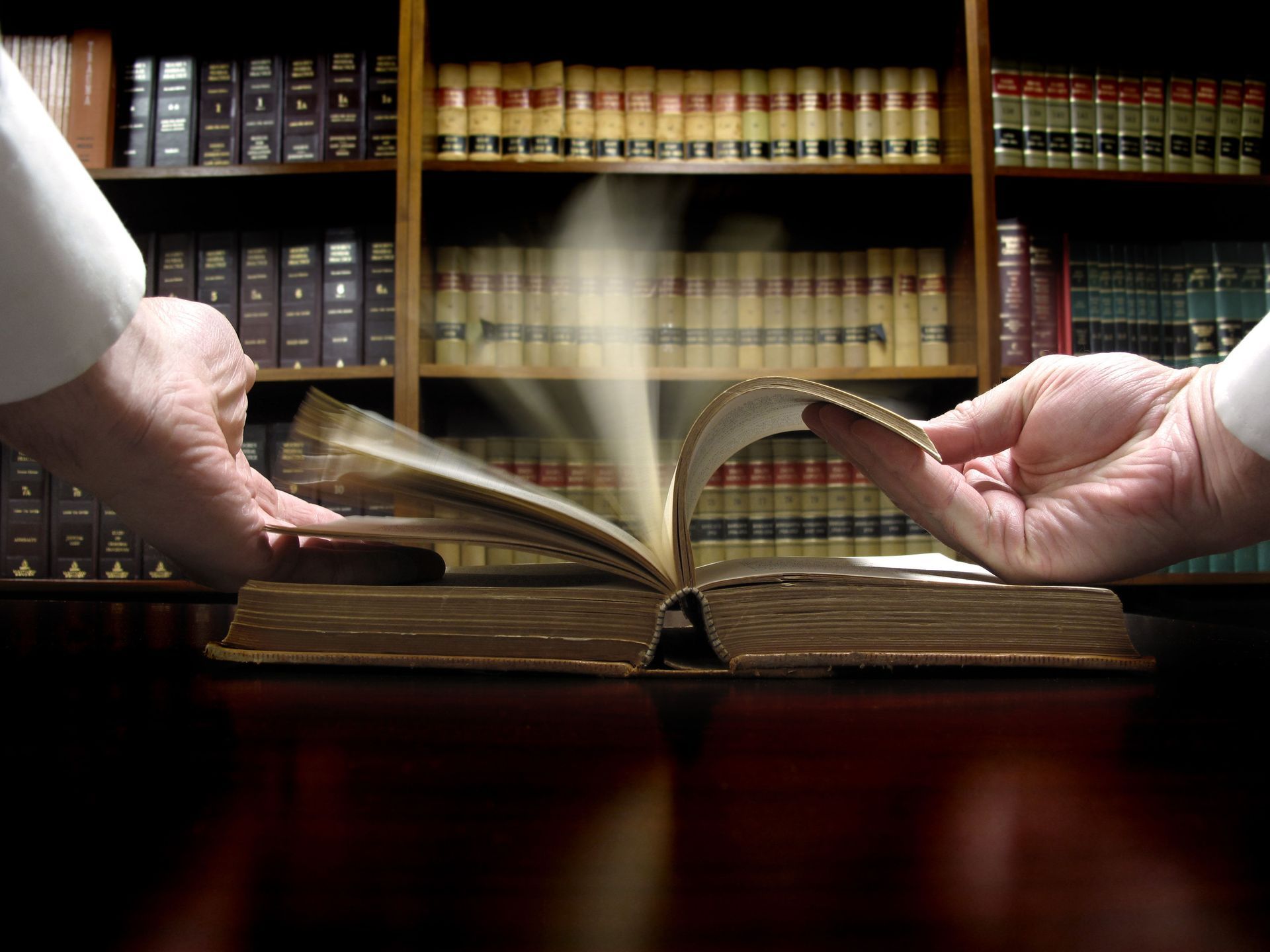
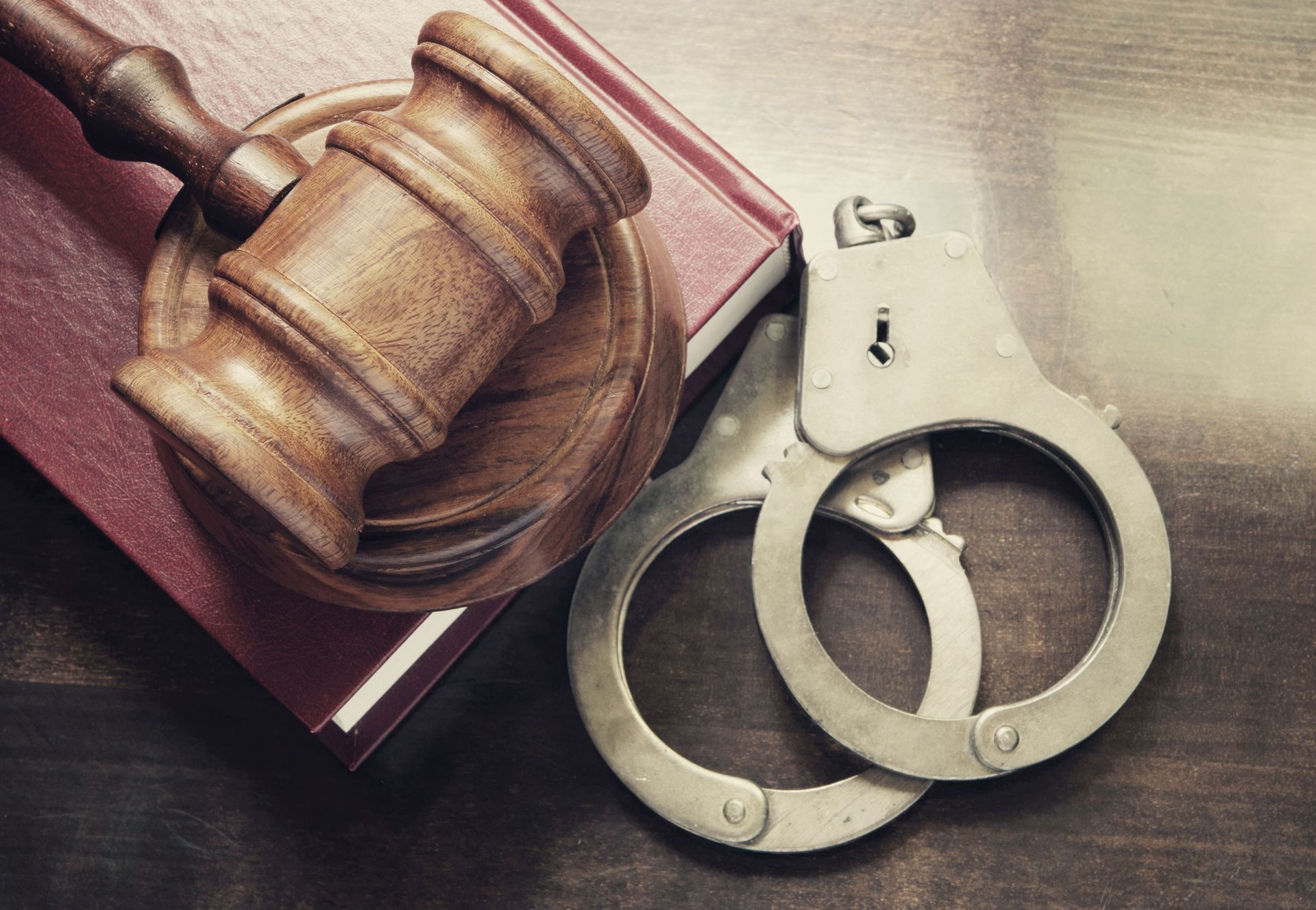

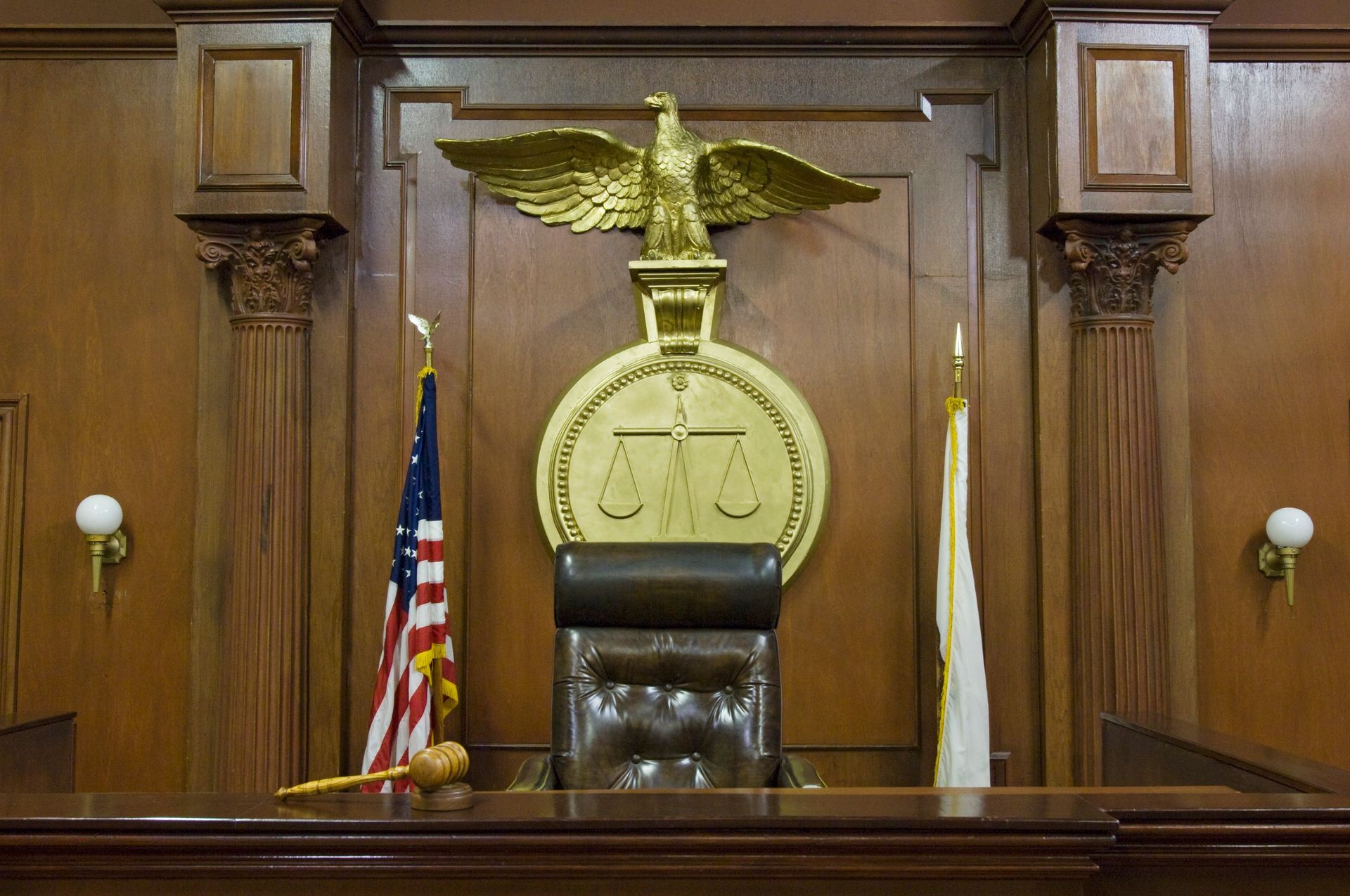
Share On: